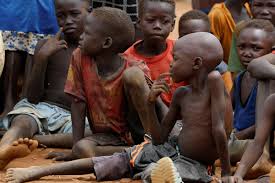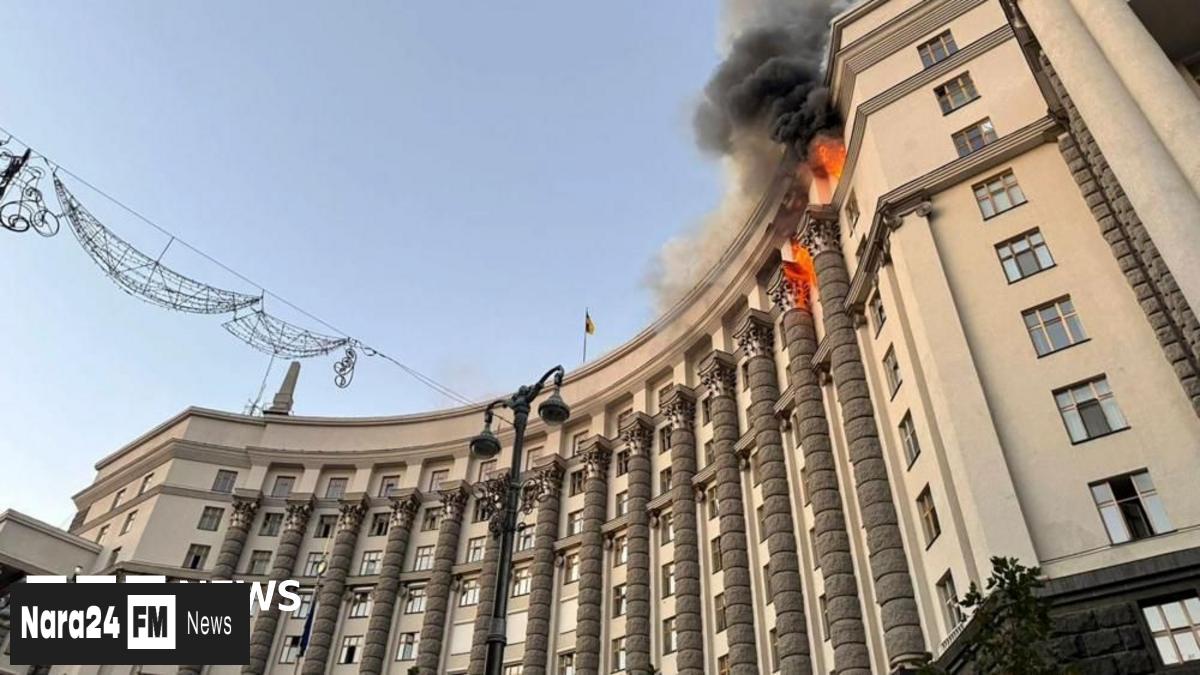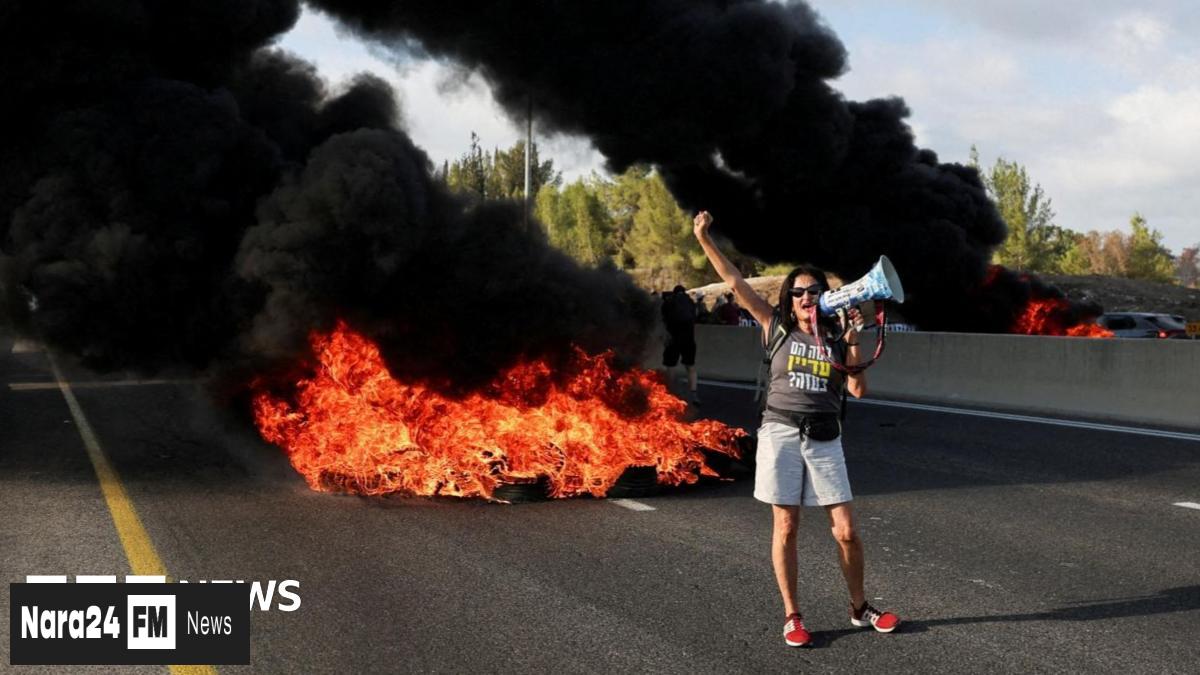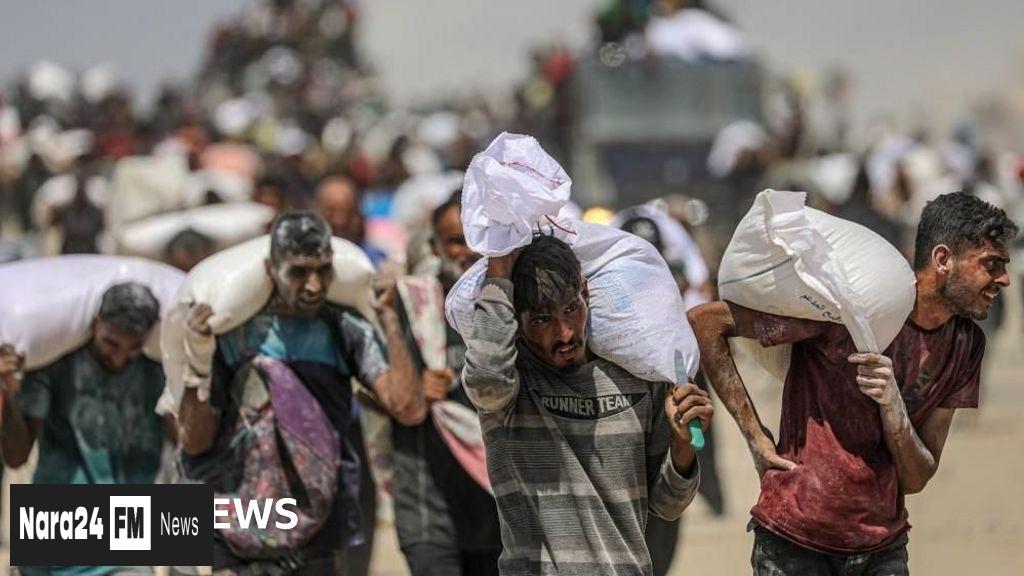Sudan faces catastrophic implosion as fighting between rival military factions and widespread hunger devastate the nation. After 27 months of warfare, neither the Sudanese Armed Forces (SAF) nor the paramilitary Rapid Support Forces (RSF) can achieve decisive victory, despite both launching new offensives and acquiring foreign weapons.
The human cost is staggering: over half of Sudan's 45 million citizens have been displaced, with escalating hunger and despair gripping communities monthly. In March, SAF celebrated retaking central Khartoum, broadcasting images of Gen. Abdel Fattah al-Burhan inspecting the ruined Republican Palace—formerly an RSF stronghold since the conflict began in April 2023. Although SAF deployed newly acquired arms from Egypt, Turkey, Qatar, and Iran, their advance quickly stalled.
The RSF, commanded by Gen. Mohamed Hamdan Dagalo "Hemedti", retaliated with sophisticated long-range drone strikes on Port Sudan—the military government's interim capital and primary humanitarian aid hub. SAF accuses the United Arab Emirates (UAE) of supplying these drones, a claim the UAE denies alongside allegations of broader RSF support.
Expanding Frontlines and Ethnic Tensions
Conflict has now spread beyond the capital. Hemedti forged an alliance with rebel leader Abdel Aziz al-Hilu, potentially enabling a joint push toward Ethiopia to open new supply routes. Simultaneously, RSF forces besiege el-Fasher in North Darfur, defended by ethnic Zaghawa fighters aligned with SAF. The prolonged blockade has triggered famine, particularly in Zamzam displacement camp.
Human rights organizations report RSF and allied militias have committed atrocities including massacres and ethnic cleansing, with genocide allegations concerning the Massalit people. Zaghawa communities fear similar brutality if el-Fasher falls.
Civilians and Peace Efforts Abandoned
Sudan's civic groups—instrumental in overthrowing Omar al-Bashir in 2019—now operate under severe constraints. Emergency Response Rooms providing vital aid lost critical funding after the Trump administration shuttered USAID programs, with no adequate replacement. Both military factions suppress civic activism through arrests, torture, and killings.
Peace initiatives remain in disarray. UN envoy Ramtane Lamamra's plan assumed SAF victory and RSF disarmament—a scenario diplomats deem unrealistic. Despite SAF's recognition as Sudan's official government, Hemedti's parallel administration lacks legitimacy. An April London conference hosted by Foreign Secretary David Lammy failed to broker consensus, hampered by Saudi-Emirati disagreements.
Analysts conclude that resolving Sudan's war requires Arab mediation, stating: "The road to peace in Khartoum runs through Abu Dhabi, Riyadh, and Cairo." Egypt's stance depends on whether Burhan can distance SAF from Sudan's entrenched Islamist networks—a key power base under Bashir's 30-year rule.
As diplomatic efforts stall, Sudan's civilians endure what experts describe as one of the world's most severe humanitarian catastrophes, with famine conditions worsening by the day.








Comments (0)
Leave a Comment
Be the first to comment on this article!